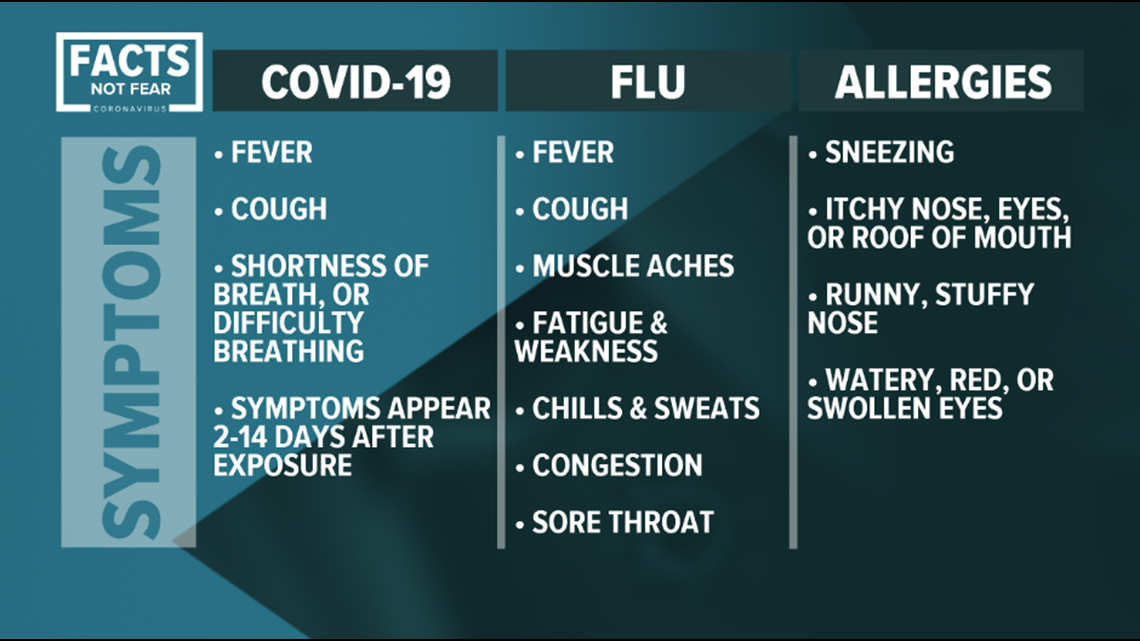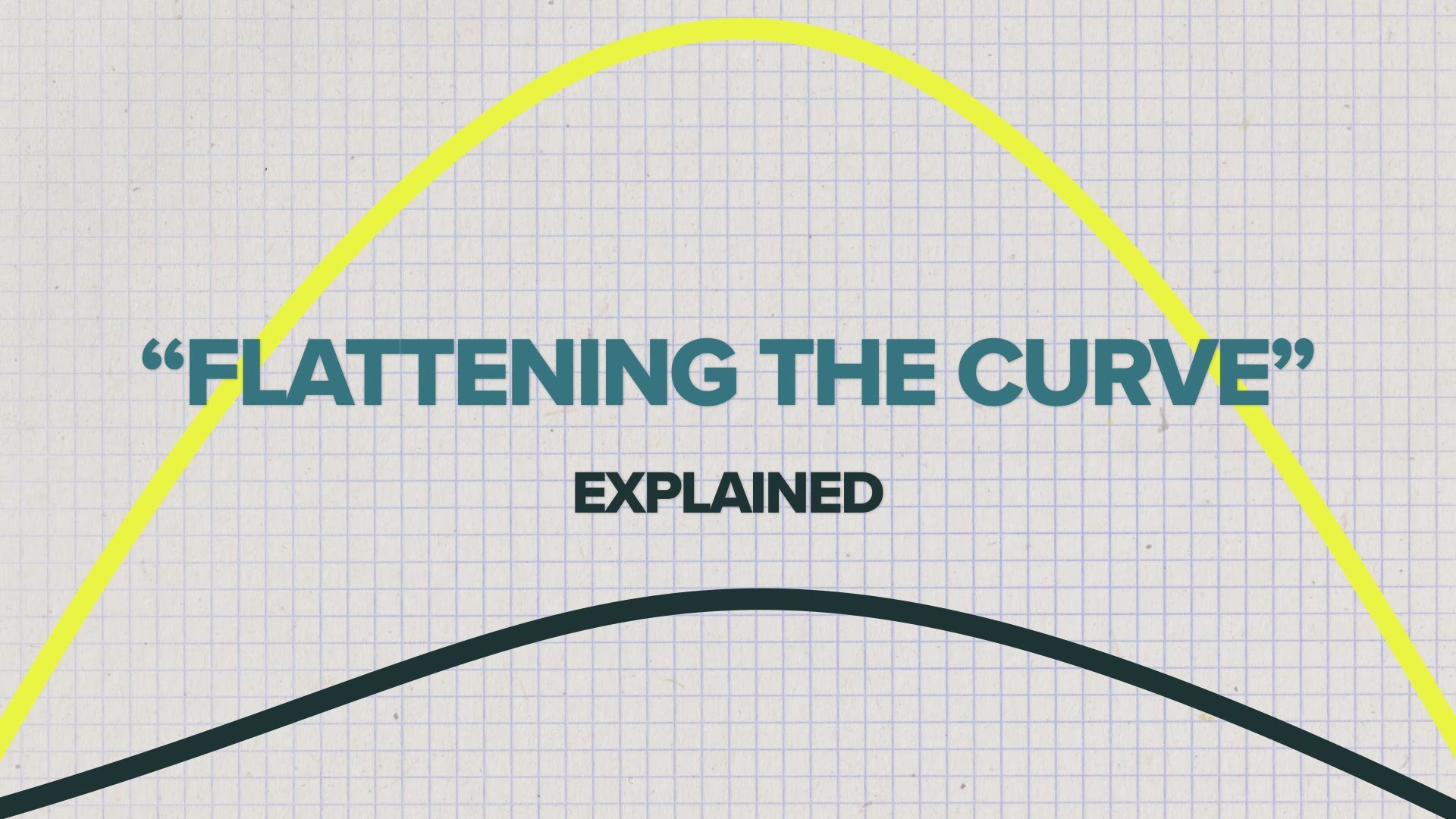We’re wading through uncharted waters, and concerns about coronavirus are rising. It’s completely understandable that you may be a bit anxious – and you’re certainly not alone.
The government is telling Americans to stay as far away from each other as possible. Every major sport is sidelined, crowded events are canceled, schools are closed down and panicked people are creating a nationwide toilet paper shortage.
That’s why it’s now more important than ever to arm yourselves with the undisputable facts. Knowledge is fear’s worst enemy, after all.
So, here are the answers to some frequently asked questions about COVID-19.
What is the coronavirus?
Well, there’s more than just one. The World Health Organization explains this coronavirus is part of a large family of contagious diseases. The common cold is a close relative. So is SARS.
COVID-19 is a brand-new strain that was first discovered in December 2019.
Where did COVID-19 come from?
This particular coronavirus is believed to have its origins in bats. The epicenter of the outbreak appears to have been in Wuhan, Hubei Province, China. According to the CDC, it appears early patients had some link to a large seafood and live animal market in that region -- suggesting it may have initially spread from an animal to a person.
Why is the coronavirus called COVID-19?
The answer is simple. It’s just more accurate. According to the Centers for Disease Control, there are several different kinds of coronaviruses, and COVID-19 is actually an acronym, of sorts.
“CO” – Corona
“VI” – virus
“D” – disease
“19” – The virus was first discovered in late 2019.
How does the coronavirus spread?
Coughing and sneezing are the most common ways the coronavirus spreads from person to person, according to the CDC. That’s why the government is urging all Americans to practice “social distancing” – trying to stay six feet away from other people by avoiding crowds of more than 10.
Should people wear facemasks?
The CDC says no – unless a health care professional tells you to. However, the CDC recommends that people who have COVID-19 should wear facemasks to help protect others from getting infected.
Can you get coronavirus from a package shipped from China?
The CDC says, based on the study of similar viruses, “there is likely very low risk of spread from products or packaging that are shipped over a period of days or weeks.”
Can pets spread coronavirus?
The CDC says there are no reports of any pets getting or spreading the virus, but it’s not entirely impossible either. So, it’s best to wash your hands after touching someone’s dog or cat.
Can I be around pets if I have coronavirus?
Unfortunately, the CDC recommends staying away from pets just like you stay away from your loved ones – as much as possible. The reason is they don’t know enough about COVID-19 to say for sure that it’s safe.
Can someone spread coronavirus without being sick?
Yes. The CDC says people carrying the virus can start infecting others two weeks before they start feeling sick. With the flu, it’s around two days.
Can coronavirus spread through food?
Scientists don't think so. In fact, the CDC says there’s “Currently there is no evidence to support transmission of COVID-19 associated with food.”
But – it’s important to wash your hands before you eat.
What are the symptoms of the coronavirus?
Fever, cough and shortness of breath – The CDC says that’s what you need to look out for.
Those symptoms can range from mild to severe – and can easily be confused with the flu – so here’s a helpful chart that breaks it all down:


Should I be tested for the coronavirus?
If you’re experiencing any of the symptoms above – yes, you should get tested.
The CDC says it’s best to call your doctor from home. That will help keep the virus from running rampant in doctors’ offices and emergency rooms across the country.
If your symptoms are severe or seem life-threatening in any way, call 911 immediately.
Can someone test negative for the coronavirus and later test positive?
It depends on when you get tested. According to the CDC, if someone tests negative in the “early stages of infection,” it’s possible there’s not enough of the virus in that person’s system to be detected yet.
If you test negative while you have symptoms, the CDC says it’s likely something other than COVID-19 is making you sick.
Can children get coronavirus?
Yes, but according to the CDC, adults make up the vast majority of all known cases. Older people and others with pre-existing medical conditions tend to experience more severe systems.
Is coronavirus deadly?
Sadly, it can be. Again, the people who have died from COVID-19 are, in large part, much older. And that’s the reason why Florida Governor Ron DeSantis temporarily restricted visits to people in nursing homes.
Will warm weather stop coronavirus?
It’s possible, but the CDC isn’t sure just yet. The cold and flu tend to become a lot more common in the winter months – and it’s not impossible that warmer temperatures would slow the spread – but the researchers don’t have enough information to say that with certainty.
- VERIFY: Yes, your pool is safe from coronavirus, as long as it’s properly maintained
- Scholastic offers free courses for students stuck at home because of coronavirus
- Walmart stores nationwide adjust hours of operation for restocking and sanitizing
- Public beaches in Miami Beach, Fort Lauderdale close to prevent spread of coronavirus
- Tampa Bay restaurant offering kids free pizza slices while schools are closed
- Coronavirus resources: Hotlines, websites offer the latest on COVID-19
FREE 10NEWS APP:



